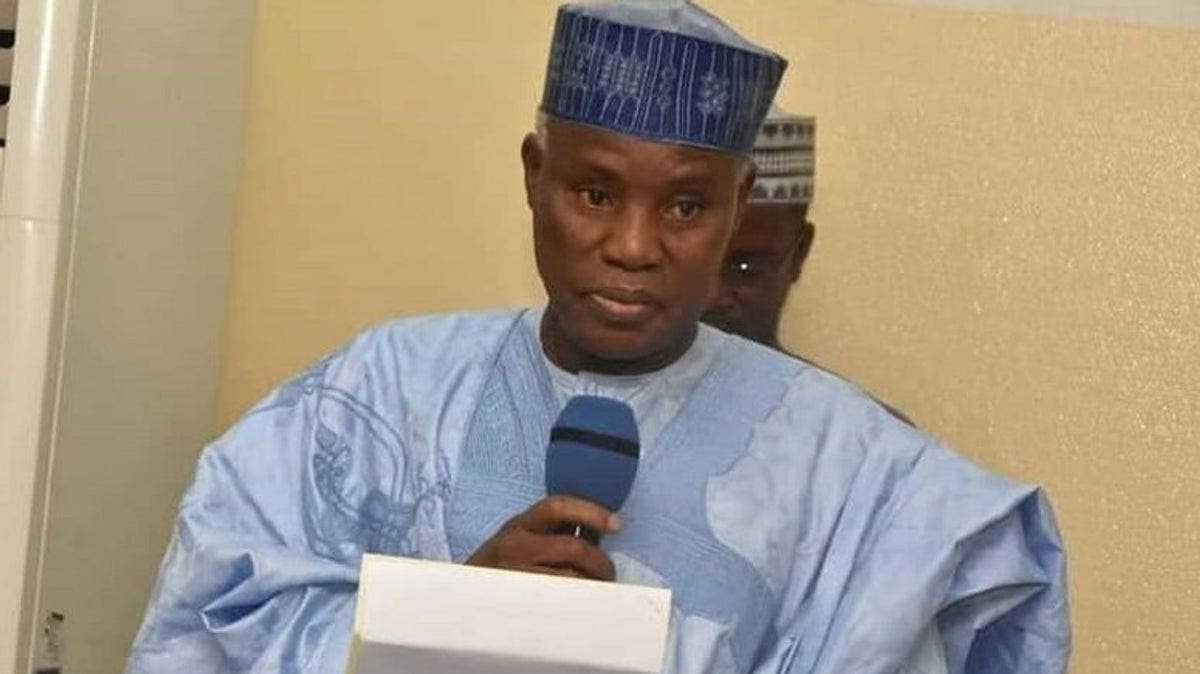As Nigeria prepares for the 2023 presidential election, one sensitive issue is already creating apprehension: Which section of the country will produce the next president?
Going by the practice of zoning and power rotation in existence since 1999, political parties split their presidential and vice-presidential candidates between the north and south of the country. They also alternate the presidency between the north and south.
Critics of zoning and power rotation have called for an end to its practice mainly on three grounds: It has no place in the Constitution, it is undemocratic, and that it has not and would not solve the problems facing the country.
In the first place, the notion that the principle of zoning and power rotation is unconstitutional is laughable, to say the least. This is because there is no provision in the 1999 constitution that prohibits the practice of power rotation.
Ironically, the antagonists of power rotation want us to forget the “Federal Character Principle” in the constitution, which requires the fair and equitable representation of different ethnic and regional groups in the composition of all tiers of government.
This was designed by the framers of the constitution to ensure that there is “no predominance of persons from a few states or from a few ethnic or other sectional groups” in the federal government and its agencies.
Therefore, the power rotation convention is a necessary lubricant that oils the federal character principle in our Constitution and as such, it is firmly consistent with the constitution itself and therefore lawful, even though it is not expressly stated in the Constitution.
The second criticism of the zoning and rotational principle about being undemocratic is on its face untrue. The truth about democracy is that it thrives in deeply divided societies only when power is shared and not monopolised.
Without power rotation, the winner-takes-all character of majoritarian democracy allows a dominant group to capture state power, relegating the minority into permanent opposition, which in itself creates political and social instability. This is mobocracy and not democracy.
And because all countries are divided one way or the other, the practice of power rotation is widespread in democracies around the world. That is why it is now regarded as the finest political instrument ever invented to ensure political and social stability in deeply polarised societies.
Polarisation could either be ideological, ethnic or religious. In strong democratic countries where polarisation is mainly ideological, power rotates periodically, through the electoral process between ideologically opposed political parties. For example, in a bitterly and evenly divided United States of America, power rotates ideologically between the Republican Party to the right and the Democratic Party to the left to ensure political stability. The same is true in the United Kingdom, France, Spain, the Netherlands, Belgium, Switzerland, and so on.
In Switzerland, which is famously stable both politically and socially, the system of power rotation was introduced into its constitution in the 1890s to avoid the concentration of too much power in too few hands.
However, in Nigeria where the society is ethnically and religiously polarised and political parties are not ideologically rooted, geographical/religious power rotation remains the one sure thing still available to foster national harmony and political stability.
The third criticism is that the zoning of political offices by political parties cannot solve the economic problems we are facing. Those who hold this view argue that “Selecting the best person to get the job done will benefit everyone”.
This argument is also not tenable. First, there is no section of Nigeria or geo-political zone where we cannot find ‘the best person” with the requisite competence, capacity and character to lead the country.
This point cannot be emphasised enough, even though power rotation antagonists constantly de-emphasise it; even if we rotate the presidency, we can still find the right person for the job. In fact, merit and rotational presidency are not mutually exclusive.
Secondly, power rotation was not devised as a panacea for our economic problems. On the contrary, the principle of zoning and power rotation was introduced in 1999 to promote political stability following the crisis that greeted the annulment of the 1993 presidential election.
Since then, Nigeria has experienced 23 years of uninterrupted democratic rule. This is a clear and strong evidence that power rotation is good for Nigeria. It has enabled a divided nation to achieve unprecedented political stability.
The undeniable truth is that the rotation of the presidency is the strongest antidote against secessionist threats. Therefore, power rotation is a “Nigeria First Agenda” that every patriot must support, and not the perpetuation of personal political ambition that is fueling the anti-power rotation movement. Indeed, for patriots, there can be no ambivalence on power rotation since one cannot love Nigeria and be against the rotation of power.
Undoubtedly, the principle of power rotation is a unique mechanism of our democracy that has so far operated most effectively to engender national political stability in a deeply divided nation. To jettison it amidst rising ethnic and religious tensions, there must be an alternative system to replace it.
To those who want the practice of power rotation to end, a fair question: What would you replace it with, and how would the new system reduce ethnic and religious tensions, and enhance the unity of the country? So far, they have not come up with any credible alternative. Just removing one gear from a watch affects the entire mechanism and in this case, it would be a total disaster for Nigeria that is currently on the edge.
Godwin Anaughe, a political strategist, wrote from Abuja

 Join Daily Trust WhatsApp Community For Quick Access To News and Happenings Around You.
Join Daily Trust WhatsApp Community For Quick Access To News and Happenings Around You.


